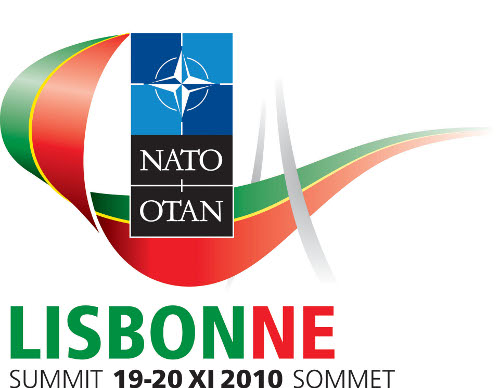
As NATO leaders prepare for their summit in Lisbon this week, attention has focused on the war in Afghanistan, approval of a new Strategic Concept (NATO’s roadmap for the future), and the challenge of sustaining the alliance’s military capabilities in an era of fiscal crisis. Missing from the agenda is the future of the U.S. military presence in Europe, the cornerstone of the transatlantic security relationship.
On Feb. 1, the Obama administration rolled out its Quadrennial Defense Review, a planning document that articulated the principles that would guide the administration’s decision-making regarding the stationing of U.S. forces beyond its borders. It stated that "pending the review of NATO’s Strategic Concept and an accompanying U.S. assessment of our European defense posture network," new plans regarding Europe would be approved. For an administration that prides itself on consultation, it has been surprising how little discussion there has been of this strategically important issue of growing concern among NATO Allies.
These pending decisions follow the Bush administration’s 2004 Global Defense Posture Review. The latter initiated a reduction of U.S. forces stationed in Europe from about 100,000 personnel down to approximately 60,000. The decision was interpreted by many in Europe as a disturbing sign of declining U.S. commitment to Europe.
Moreover, the Commander of U.S. European Command (EUCOM) and the U.S. Joint Staff later concluded that the plan would leave EUCOM unable to fully execute its missions, including those supporting NATO’s crucial Article 5 security commitment. On November 21, 2007, in response to these concerns Secretary of Defense Robert Gates suspended implementation of the posture review decisions regarding Europe pending the 2010 QDR. This decision essentially froze U.S. forces dedicated to the continent at some 80,000 personnel.
In March of this year, Admiral James Stavridis, the current EUCOM Commander, testified in Congress that should the United States withdraw additional brigade combat teams, his command would have to "[assume] risk in its capability to conduct steady-state security cooperation, shaping, and contingency missions. Deterrence and reassurance are at increased risk."
With the summit now imminent, a number of allies are expressing unease, even though some are unwilling to press Obama as they cut their own defense budgets and lest their concerns undercut the meeting’s precooked message of alliance unity and revitalization. Polish Foreign Minister Radek Sikorski, naturally concerned about the viability of NATO’s security guarantee, stated that it is important for U.S. forces stationed in Europe to remain at their current levels. German delegations from the communities that host U.S. bases have travelled to Washington urging that they not be subject to further reductions or, even worse, closure.
Obama’s impending decisions on this matter come in an increasingly challenging domestic fiscal context, one that has led many in his party to press aggressively for significant defense cuts. On October 13th, 57 members of the House of Representatives wrote the President urging a hard look at the basing of U.S. forces overseas. The 2010 Congressional election yielded a Congress whose clear focus on job creation and deficit elimination could well reinforce skepticism on both sides of the aisle toward permanent deployments in Europe. The roll out of the deficit commission report and its recommendations, including reduced spending, will surely further catalyze calls for cut backs in forward presence.
Heeding those calls would be a mistake. Moving military forces based overseas to facilities at home involves high near term costs, including building of new infrastructure. The long term savings are marginal at best. Second, once basing privileges in another country have been terminated, it is never easy to regain them.
Most importantly, the United States would deny itself a critical force multiplier. U.S. troops based in Europe provide the most effective way to develop and sustain allied forces that are truly interoperable and ready to fight side by side with us. This is a critical and challenging necessity. U.S. military units that visit Europe once or twice year can in no way match the levels of joint training and exercises currently available to those stationed in Europe.
Accordingly, at Lisbon, Obama should announce a decision to keep U.S. forces stationed in Europe at their current levels. That would be a strategically serious and politically needed demonstration of U.S. commitment to the transatlantic alliance.
Evasion regarding this matter, so vital to the future of the NATO alliance would contradict both Obama’s repeated rejection of unilateralism and his commitment to genuine consultations. Europeans, too, would be remiss if they fail to speak up. Collective silence at Lisbon regarding a matter so central to American-European security interdependence will only give further validation to those who assert that US military presence in Europe is an anachronism.
Ian J. Brzezinski, a former deputy assistant secretary of defense for European and NATO policy, is a senior fellow at the Atlantic Council and leads the Brzezinski Group, a consulting firm. This article originally appeared in Foreign Policy’s Shadow Government blog.
This article is part of a New Atlanticist discussion – The 2010 Lisbon Summit: A New Atlanticist Forum – on the Summit’s expectations, areas of focus, and potential outcomes.
Image: Lisbon%20Logo%20500_0.jpg
